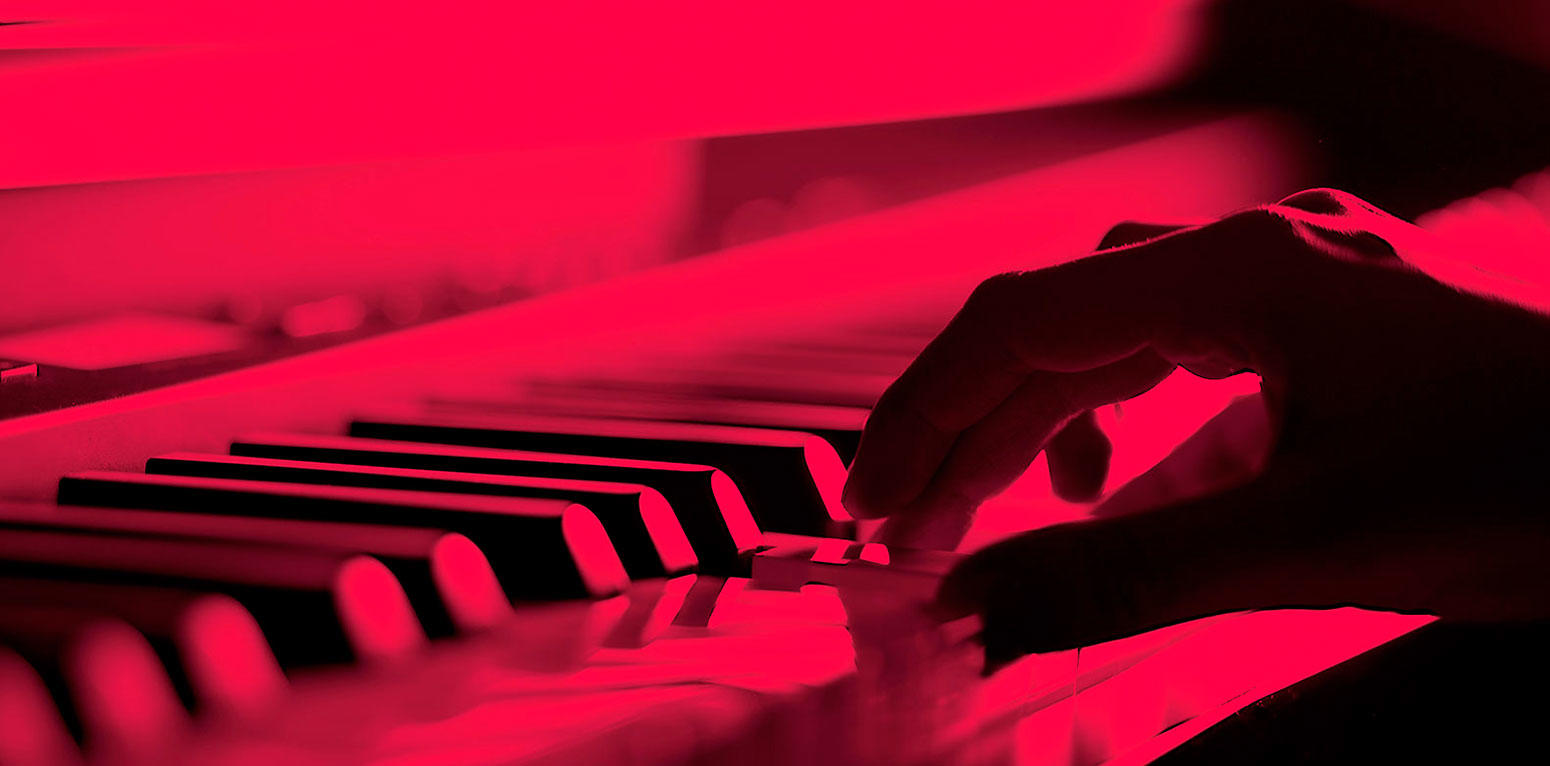
" Quartett "
For soprano, baritone, chorus, orchestra and ensemble
Ricordi
SÉLECTION 2013
- Nominated for : The Musical Composition Prize 2015
W O R L D P R E M I E R E
April 26th 2011 - Italie, Milan, La Scala - Allison Cook : Marquise de Merteuil, Robin Adams : Vicomte de Valmont – dir. Susanna Mälkki - production: Alex Ollé - video : Franc Aleu - setting: Alfons Flores - costume : Lluc Castells - lights : Franc Aleu et Marco Filibeck - electronic : Ircam ?RIM – computer musical producer(s): Serge Lemouton, Sébastien Naves.
Booklet in English upon the eponymous play of Heiner Müller, freely adapted from
Dangerous Liaisons by Pierre-Ambroise-Francois Choderlos de Laclos.
N O T E S
Heiner Müller drew Quartett from Laclos’s Liaisons Dangereuses.
The war of manipulation that rages in society invades the sphere of the most intimate
sentiments: love, trust, understanding.
The rational schemes that dominate power relationships in the human community in the
West seek to assume absolute control even in the realm that is most protected.
Thus, sealing an extreme pact, the two protagonists abolish love in the hope of achieving
a dominion over themselves and others. “How can you think that I am capable of such a
vulgar sentiment, Valmont”: these are the words with which Merteuil rears up in
indignation in the second scene.
Their amorous skirmishes, starting out with an attempt to abolish jealousy, thus become
a virtuosic play of ever more complex and acrobatic subterfuges where the body becomes
a thing and other people pawns. Identity gets lost in an infinite multiplication of mirrors
where nothing has value, in a nihilistic and tragic delirium.
A destiny that also seems to have repercussions on the role of art today.
Quartett is the abyss that bursts open between the four walls that we believe can save us from the world.
We ourselves, spectators, believe that we observe this sort of terrarium from the outside, like in a peep show, in the complete safety of normality.
But perhaps someone is observing us, at this very moment.
It is precisely the normality of the relationship between two people that is brought into
question.
A piece in a huge mosaic the design for which has gone missing.
There, in the sphere of intimacy, where we should at last be able to drop our guard, to be
received with complicity, if not with serenity, we once again come up against tactics and
strategies for battle.
But as always in Heiner Müller, there is much more.
Or better, this claustrophobic cell becomes a metaphor for the whole of Western
civilisation.
We live in a swirling, virtuosic play of masks in which in no time at all it becomes
impossible to recognise the dividing line between reality and recitation. Assuming that it
does actually exist.
This is the nature of theatre, for Müller, and perhaps ever since it came into existence: to
be able to simultaneously affirm an idea and its opposite.
To present on stage a vision of the world and at the same time attack it frontally with the
opposite vision.
It’s from here that there arises the force of Müller’s texts, which, in setting in motion the
great machine of human ambiguity, reach Shakespearean heights.
Müller’s are dense, polyphonic texts, like his characters, violent and poetic, texts which
do not shrink from confronting the great passions and contradictions of life.
And in fact Müller himself experienced first hand all the tragedies and epoch-making
upheavals of an entire century.
So he is certainly not one to indulge in consolatory attitudes: he is unremittingly direct,
uncompromising, disturbing.
But one mustn’t think that Müller’s is a negative way of thinking, that would be an error.
It is a critical form of thought, ever on the alert.
Müller wrote “That mysterious space between the animal and the machine, that is the
space of man”.
There is an overflowing vitality in every one of his words, because man in all his
complexity is at their core.
The individual in his awkward solitude and fragility can resist manipulation and
ideology by throwing his own body, his own pulsating heart onto the scene: it is the only
weapon that he has.
The two protagonists instead refuse to accept this weakness.
They aspire to transcend the base destiny of the populace “which rises up in the corners
of the world”, they seek power, perhaps immortality.
Valmont and Merteuil – beasts bereft of the wisdom of instinct and overly intelligent
“without being God” – both emerge defeated. They have cancelled their tie with nature
and, struck by horror at physical decay, they have ridded themselves of their body as if it
were a thing. In other words, they have refused to accept the simple finitude of the
human.
Is there any way out of this? In the end the woman remains alone and in an impetus of savage vitality she destroys the bars of the prison.
What Alex Ollé and Fura dels Baus have added to the work is, I think, very important in particular as an “antidote” to the banally post-expressionist or ideological reading of Heiner Müller. By contrast, their contribution helps to project the opera on the one hand into an epochal dimension tied to the plight of Western civilisation and on the other onto a more universal plane.
The same path that the music seeks to follow.
Opera is a huge machine, an alchemist’s laboratory where this Babel of impulses and languages is able to achieve a state of fusion.
And this thanks to the effect of the feverish “alteration”, of the scolding perceptiveness that only music is able to induce.
The electronic elaboration of sounds and spaces is the other chemical agent that rewrites the experience in a new listening dimension: modern, fast, attentive, multidimensional. What in essence opera has always sought to dream.
The relationship with a sacred place like the Scala is neither conflictual nor submissive.
It is impossible to ignore the Scala’s historical and highly suggestive force. But it is
perhaps possible, even necessary, to metabolise it and integrate it into the world - into a
world that goes beyond its walls and that instead contains it, as the sea contains a
magnificent coral.
L.F.
(text written for the programme notes for the production at the Teatro alla Scala)

